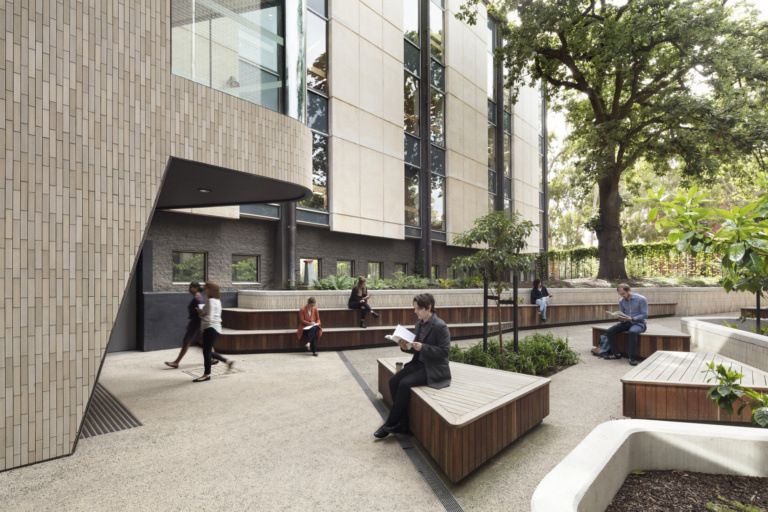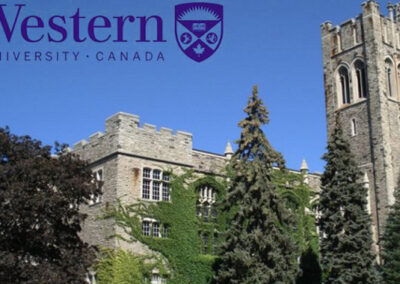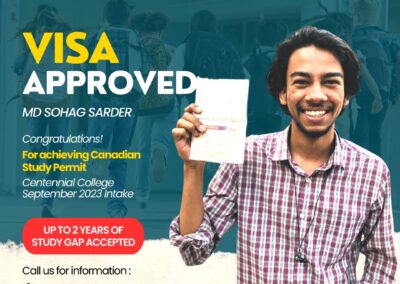Canada
As one of the world’s favorite student destinations, Canada has much to boast of. Students from across the world flock to its reputed universities to pursue courses in every discipline. Strong infrastructure, cutting-edge curriculum, and sprawling campuses are the hallmark of Canadian institutions. Luminous International works with students to help them increase their chances of studying in Canada. We help students identify and apply to the right course and right college that can serve as a launchpad for their international career.
Why Study in Canada?
Canada is one of the best places for higher studies and the country attracts thousands of students each year from abroad. The country provides a world-class education that is recognized globally. Research is one of the key components of a graduate student. The universities support the students who come out with the best research ideas and many scholarships are given to students for their research works.
- Affordable Education
- Innovative and Abundant Research Opportunities
- Immigration Possibilities
- Exciting Campus Lifestyle
- Healthy and Safe Communities
- International students can often work while they study & Internships
- Numerous research opportunities
- Possibility of immigration after completing the course
- Vibrant campus atmosphere
- International students have the option of working when studying.

Canadian universities are very good for cutting-edge research especially in the field of science and technology. Overall seven Canadian universities are in the top 200 list in the QS world ranking 2021.
Cost of Studying in Canada
Tuition fees in Canada vary by institution and province, but the cost is generally more affordable when compared to other countries around the world. Technical and medical courses are more expensive than art courses. On an average, the tuition and fees range from CAD 7,000 to CAD 35,000 per year for an international student.
| Study Program | Average fees(in CAD) |
| Undergraduate Program | $12,000 to $25,000 per year |
| Postgraduate master’s Program | $24,000 to $35,000 per year |
| Doctoral Degree | $7,000 to $10,000 per year |
Top Universities
|
QS World University Rankings 2021 – Top 10 Universities in Canada |
|||
|
Serial No. |
Canada Rank |
Global Rank |
University |
|
1 |
#1 |
#25 |
University of Toronto |
|
2 |
#2 |
#31 |
McGill University |
|
3 |
#3 |
#45 |
University of British Columbia |
|
4 |
#4 |
#118 |
Université de Montréal |
|
5 |
#5 |
#119 |
University of Alberta |
|
6 |
#6 |
#144 |
McMaster University |
|
7 |
#7 |
#166 |
University of Waterloo |
|
8 |
#8 |
#203 |
Western University |
|
9 |
#9 |
#246 |
Queen’s University |
|
10 |
#9 |
#246 |
University of Calgary |
Canada Student Visa Requitements
- Valid Passport
- Attested copies of SSC, HSC and Degree certificates
- Academic references – 2-3
- Employer references – if applicable
- Study plan
- Certificates of extracurricular achievements
- An acceptance letter from your education institution
- Proof of payment
- Proof of financial funds (6-month bank statement and FDR, Asset Valuation of financial sponsors)
- Financial Affidavit from Sponsor
- Last 2-3 years TAX return of financial sponsors
- Financial Planning
- Cover letter/purpose of travel
- Passport size photographs
- Study Permit application, family information form
- English Proficiency
- Police Clarance Certificate etc.
Post-Study Work Options
- Canada has provided ways to encourage international students and graduates to stay, gain work experience, or otherwise contribute to Canada’s economy and culture
- In its effort to retain international students, Immigration, Refugees, and Citizenship Canada (IRCC) operate a Post-Graduate Work Permit Program. Under this program, international graduates may obtain an open work permit for up to three years
- This allows them to work for any Canadian employer in any industry without the requirement of a Canadian job offer at the time of applying
- A student needs to pursue a course for a minimum duration of 8 months to be eligible for a post-graduation work permit in Canada
- Course less than 8 months does not allow a client to stay back and apply for Post Graduation Work Permit
- For a post-graduation work permit, a student needs to pursue a course of duration 8 months or more.
- If the student pursues a course which is of duration less than 2 years, he/she is eligible for a post-graduation work permit of equivalent duration as the course
- Example: 8 months course = 8 months post-graduation work permit
- If the student pursues 2 years course (masters or diploma), he/she is eligible for a post-graduation work permit of 3 years
- Example: 2 years masters/diploma course = 3 years post-graduation work permit
- If the student pursues a course which is of duration less than 2 years, he/she is eligible for a post-graduation work permit of equivalent duration as the course
Interested in Study Abroad with Luminous International?








